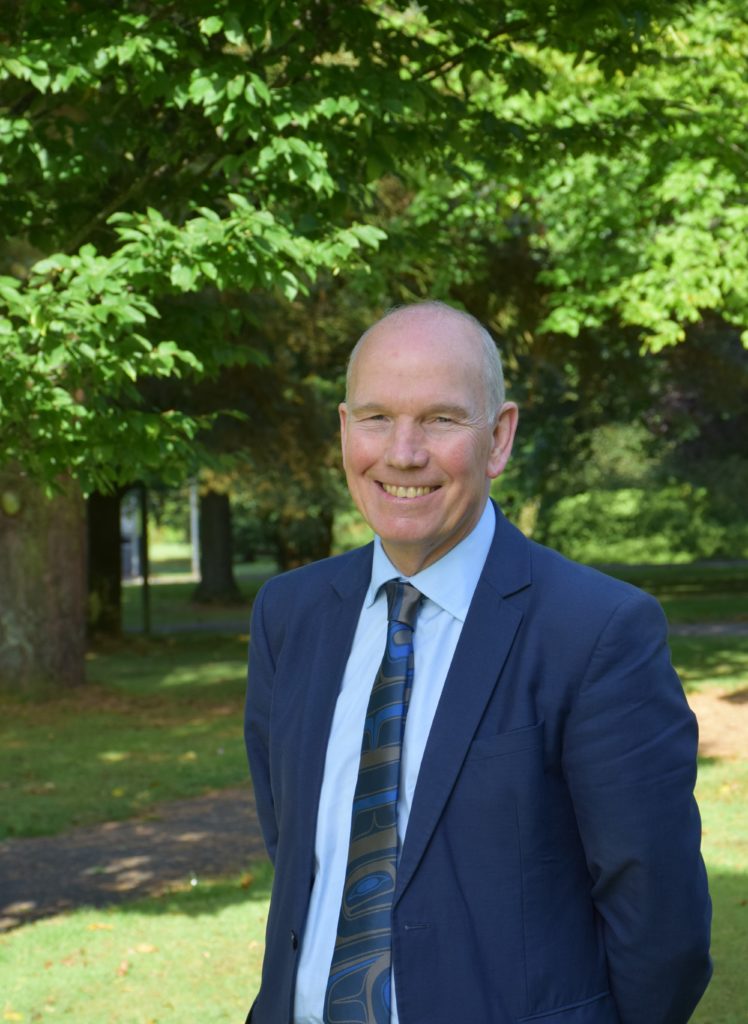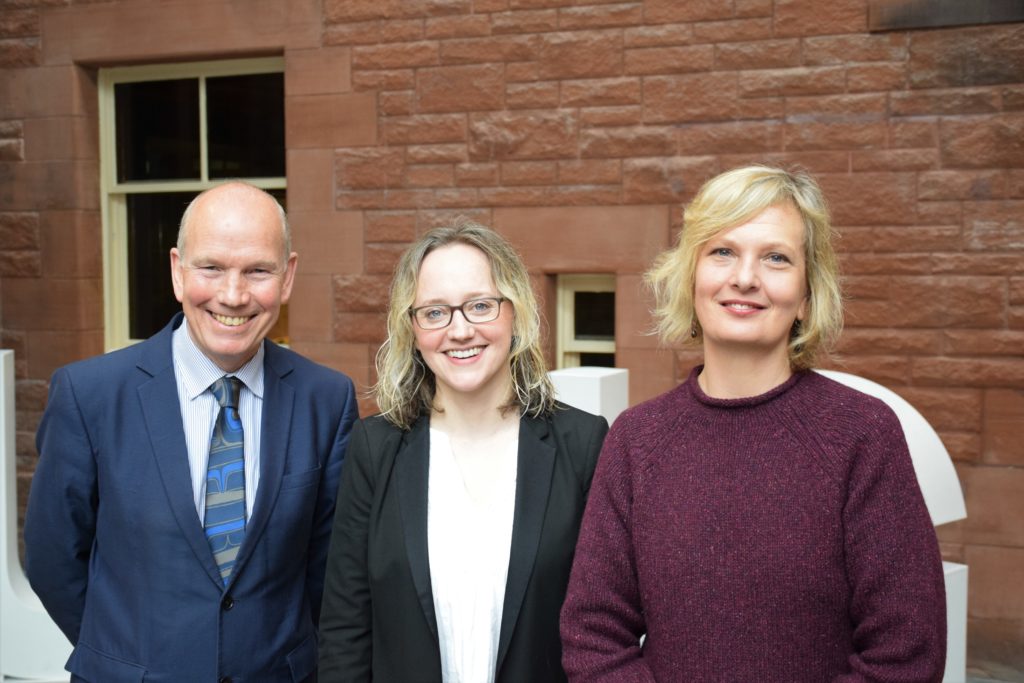
Autumn 2019 saw a team of us in the Glasgow End of Life Studies Group set out into unknown educational waters. Over a three-week period, we delivered a free online course called End of Life Care – Challenges and Innovation. We possibly didn’t anticipate how long our preparations and course building would take. We probably had no idea how much fun the whole experience would be. We certainly didn’t expect to be joined by 3,600 learners from 132 countries. Above all we were overwhelmed by the high quality engagement that came from the learners on the course. Arriving in the world of the Massive Open Online Course (MOOC), we had seen the future.
The project involved myself and academic colleagues, Dr Naomi Richards and Dr Marian Krawczyk, along with our ‘producer’, Amy McCreadie. Together we worked with online experts at the University and with our partner organisation, FutureLearn.
Our goal was to create a free, entirely online, three week course that would be fulfilling in its own right and also serve as a ‘taster’ MOOC for an online Postgraduate Programme in End of Life Studies to be launched later this year. We decided to link together some of the end of life topics that most interest us at the moment and are prominent in our current research.
We started with some challenging questions about what we mean by ’dying’ and ‘the end of life’, examining dying trajectories and the characteristics that shape our understanding of ‘good’ and ‘bad’ death. Week one also included a special feature on the role of hospitals in end of life care, and why it is becoming increasingly difficult to determine if and when someone is sick enough to die.
Week two saw us focus on how communities around the world are creating new ways to think about death and dying and the care of people with chronic and terminal illnesses. Using examples from Kerala in India to Clydebank in Scotland we explored innovative approaches that are seeking to generate compassion and care in the community. We also unpacked the recent history and practices to be found within the phenomenon of Death Café.
We concluded with a week spent looking at individual perspectives. Why do some people want to take direct control over how they die? Why is assisted dying increasingly being proposed and legislated for as an option at the end of life? And what are the implication – for the individual and for society? We looked at the phenomenon known as rational suicide, specifically for older people. And concluded with material on how modern individuals seek to ‘curate’ their dying process and the rituals that follow it.

What have we learned?
Three things stand out:
First, there is a huge appetite ‘out there’ for serious engagement with some of the most challenging end of life questions that the world is facing today. As academics we have to find ways to present this that will draw in an ‘unfiltered’ audience from many cultures and countries and who bring a vast array of personal and professional experience to the encounter.
Second, people engage with a course like this in various ways. Some may quietly work through the content – film, podcast, assigned readings and commentaries – essentially as a lone experience. Others fully engage in the discussion, quickly form a community of interest – and most rewardingly of all – post comments, reflections and observations that are remarkable for their human insight, compassion, respect and depth of thinking. Some worked through the course in ‘real time’, others tackled it in blocks according to their availability, quite a few didn’t even join until the three weeks were coming to a close – and then caught up in the ‘grace’ period afterwards.
Third, we were challenged by how best to support the learners as the days went by. We began with tentative words of encouragement, later we began to gather together and reflect on themes and topics that clustered out of the various discussions and assignments, and eventually we found ourselves pointing to other sources and material that could enhance the learning experience and open up new lines of enquiry.
We have been delighted by the feedback we have received – within the course platform itself, by reviewers who have taken the course and then shared their thoughts more widely, and by lots of favourable comments on social media. If you missed our MOOC first time around – don’t dismay. It starts again today, on 17th February, but you can join at any time here – https://www.futurelearn.com/courses/end-of-life-care

